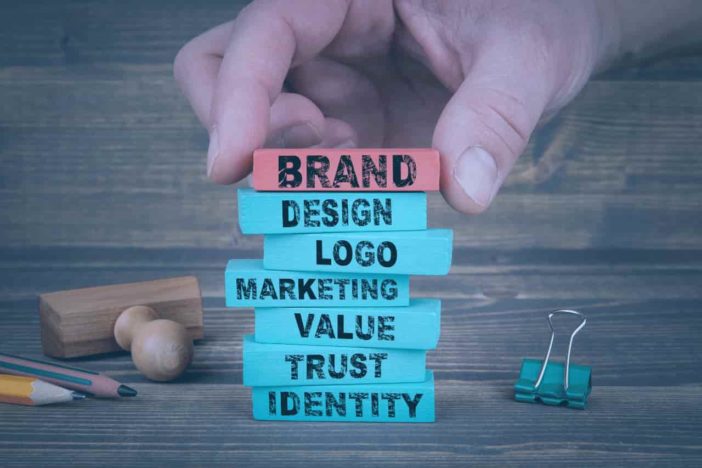Successfully branding your company means a lot more than coming up with a solid name and a great logo. Your brand is essentially your reputation. It is everything that runs through the minds of customers and potential customers when they think of your company.
All aspects of the customer experience ranging from the atmosphere inside your location to the jingle on the radio ad to your Twitter feed contribute to your brand identity.
Ensuring that your customers have a positive experience and that their expectations are met is important because customer reviews and feedback are an important part of your brand. Keeping your promises is the best way to prevent negative talk from staining your image, either online or by word of mouth, but there is a great deal more to it than that.
Who is your target market?
Determining your ideal customer and target audience is one of the first steps you’ll need to take. This step is important when you develop your brand. Different customers expect different marketing strategies. So, understanding exactly who you’re trying to bring into the store or onto the site where you make your sales will help guide your campaign and branding. If your audience is made up of young, early adopters, you’ll want to go with a very different logo than a company trying to bring in retirees.
If you haven’t already, do some thorough market research to give yourself the best possible understanding of the customers who are located nearest to you. Although the internet can bring in business from much further away than traditional marketing strategies, there is a limit on how far any customer is willing to go to spend their money. Whenever possible do your best to orient your business to the customer pool most likely to wander in: your neighbors.
Related: How a Visual Merchandising Strategy Can Boost Retail Sales
What do you stand for?
Is your business green? Do you provide services to a group that is underrepresented or underserved in your area? Are you a part of a specific subculture that also contains most of your customers? Answering these questions can help you to develop a company culture. This culture will allow you to market yourselves to your customers, instead of just your product.
Determine what your company mission is and who will benefit from it. Marketing yourself as a responsible and compassionate company can prove very effective. But, make sure you’ll be able to live up to the standard you set. Every time news comes out about Google’s less-than-ethical behavior, customers everywhere make jokes about their mission statement, “don’t be evil.” While Google is such a juggernaut, and the alternatives are so much lower quality, that for now, customers don’t have many other choices, your company’s moral stance becoming an ironic statement is probably not something you want to see happen.
Related: The Top Marketing Tactics of Global Brands
Make it stick! Your Brand is Your Business
The visual aspects of your brand need to be consistent across all media and unique to your company. If your website is just a premade template that has nothing in common with your physical location, customers who use one to find the other may walk in and wonder if they’ve even come to the right place. Even if they don’t get confused enough to walk out, the whole experience will give the impression of unprofessionalism.
Many businesses also benefit from having a specific spokesman who represents their brand. Often this is the owner, founder, or leader of the company, but it doesn’t necessarily have to be. This provides potential customers with a human face to associate with your company. Even if this isn’t going to be the option for you, ensuring that the ‘voice’ of your marketing remains consistent and represents your company culture is critical.
Question: What do you use to brand your business like a pro?



